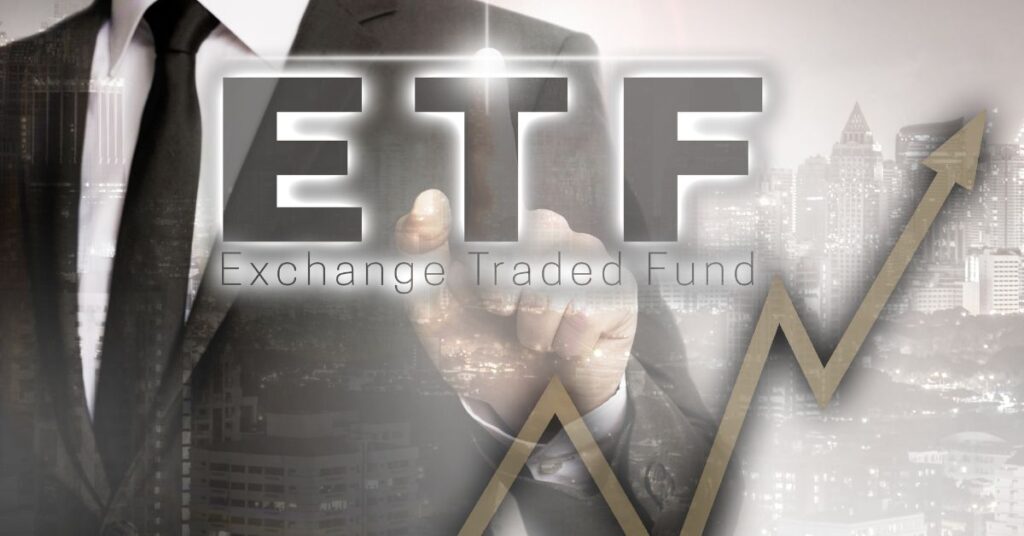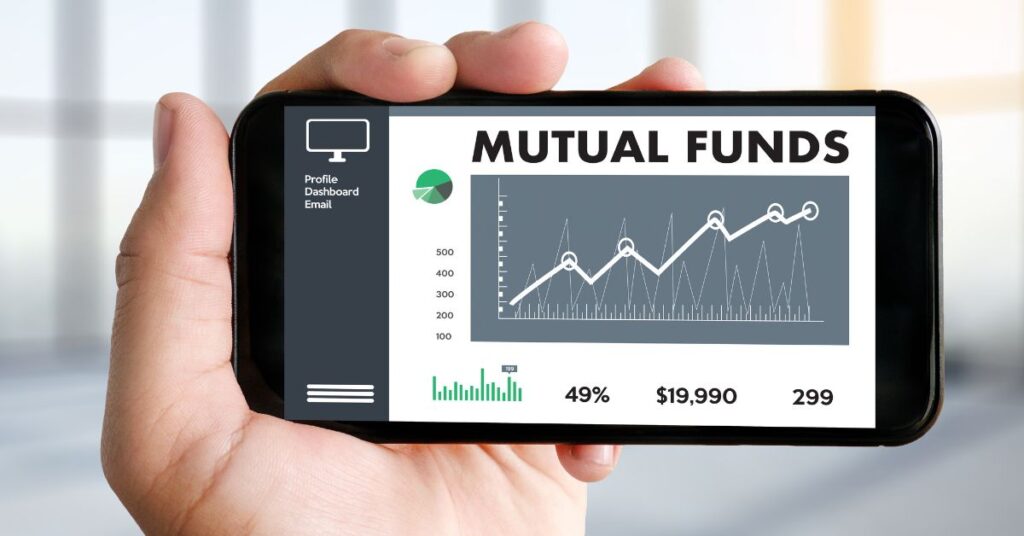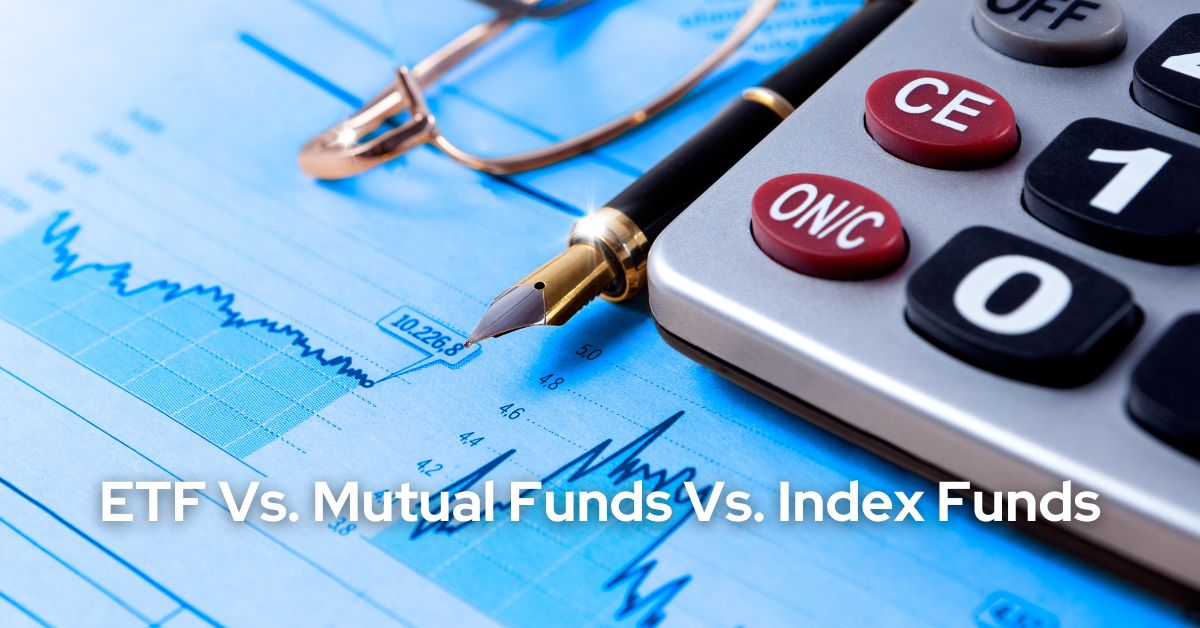What are Exchange-Traded Funds (ETFs)?

ETFs are funds that are types of funds similar to individual stocks that are traded on stock exchanges. They include a portfolio of stocks, bonds, and commodities. ETFs are quite popular among investors for their high liquidity, low costs, and flexibility.
Besides being tax-efficient, ETFs are tradeable daily at current market prices. They are great investment options for investors wanting to invest at a minimized cost in a diversified portfolio.
What are Mutual Funds?

Mutual funds are investments comprising pooled money from many investors to purchase a diversified portfolio of stocks, bonds, and other financial instruments. These funds are managed by a fund manager who makes investment decisions on the investors’ behalf.
Mutual funds allow investors to invest in a specific asset class or market. The fund manager’s role is to passively manage the investment by outperforming the market by tracking the market index. They are better for investors looking for a professional management system for their investment and willing to pay a higher fee for that.
What are Index Funds?

Index funds are a type of mutual fund or ETF that involves tracking the performance of a market index such as S&P 500, NASDAQ, or Dow Jones, etc. instead of beating the market through trading stocks; index funds replicate the index by investing in the same stock or securities in the same proportion. In simple terms, investors buy and hold a fund for a long time rather than keep on purchasing and buying different stocks.
As it doesn’t require research or active management, index funds have lower fees and expenses. Over the long term, these funds promise higher net returns. They are a great investment option for investors looking for a good return on investment with board diversification at a low cost.
Comparison between ETF Vs Mutual Funds Vs Index Funds
| Comparison Factors | FTFs | Mutual Funds | Index Funds |
| Trading | They are traded on stock exchanges like individual stocks.They are bought and sold at market prices. | It is traded once a day after the market is closed. | It is traded once a day after the market is closed. |
| Expenses ratios | It comes with an additional trading cost associated with buying and selling. However, it is less costly than mutual funds. | Mutual funds are managed by professional fund managers. You have to pay a higher fee for managing mutual funds. | Index funds are less expensive to manage. This is because you buy and hold a stock for a long term. |
| Diversification | It allows you to invest in a broad range of securities. | It allows you to diversify in a broad range of securities. | It involves tracking the performance of a market index or asset class. |
| Tax implication | It is tax efficient. | It is less tax efficient as you have to invest frequently. | It is tax efficient. |
| Strategies | It is passively managed and designed to track a specific market index or asset class. | It is actively managed by a professional fund manager taking investment decisions on your behalf. | It is passively managed and designed to track a specific market index or asset class. |
| Minimum investment requirements | It requires less investment money. | Generally a higher investment is required, depending upon several factors. | You can invest at a lower price. |
ETFs or Mutual Funds or Index Funds? Which one is best for investment?
There is no one-size-fits-all when it comes to investment vehicles. ETFs and index funds are good for investors looking for broad diversification at low cost. Meanwhile, mutual funds are for investment who prefer their investment to be managed by a professional and don’t mind paying a higher fee.







